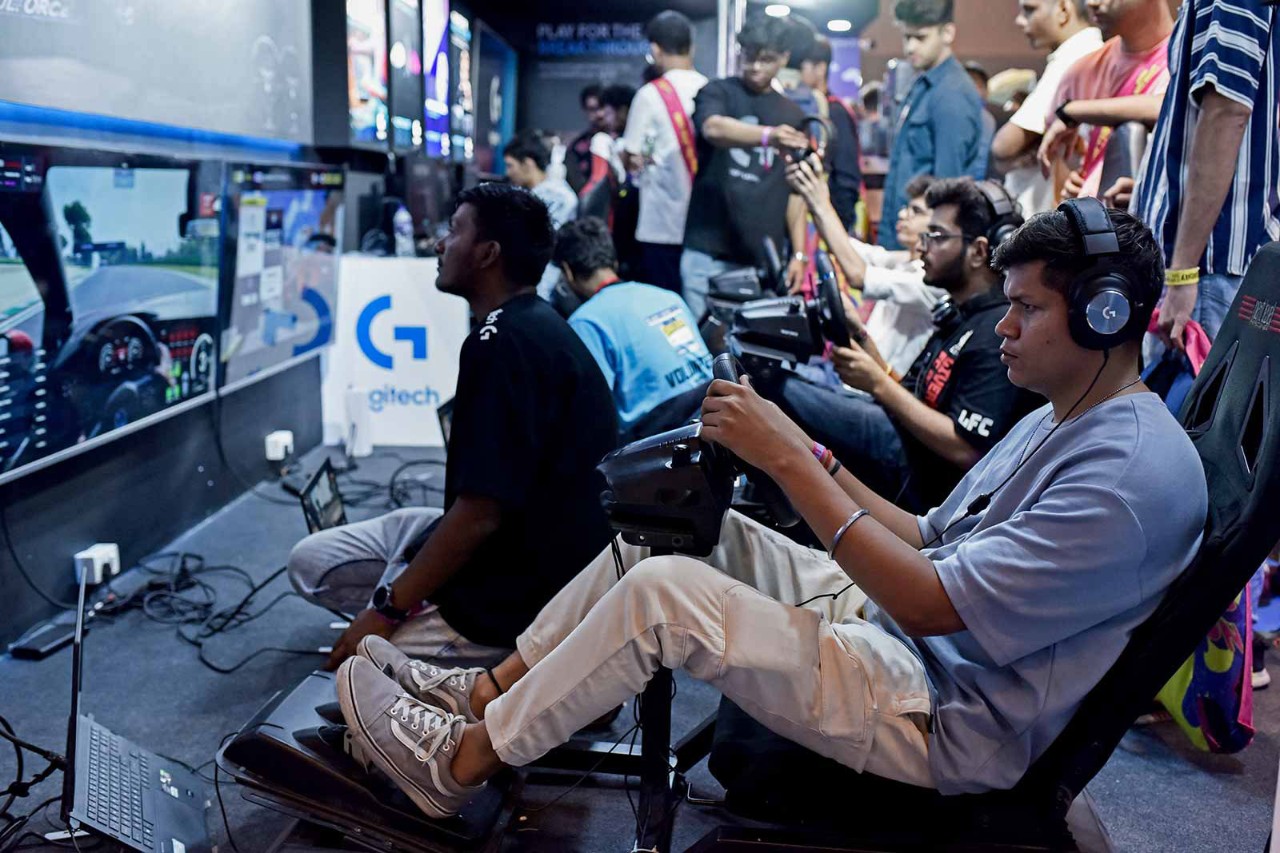
AI adoption is gaining momentum across the Middle East, but a growing body of evidence suggests that organisations are struggling with the one resource they can’t automate: people.
Deloitte’s State of AI in the Middle East report found that 80% of companies feel pressured to adopt AI, whether by competition, board expectations or government policy. Yet nearly half admit they lack the talent and technological readiness to implement it.
‘Many companies are waiting for off-the-shelf solutions instead of developing teams internally’
While AI strategies are being drawn up in boardrooms across the region, many are hitting the same wall: finding people with the right skills to bring them to life.
Growing gap
For Saad Maniar FCCA, a senior partner at a top 10 accounting firm in the UAE, the market’s challenge isn’t just about supply, it’s about clarity. ‘Yes, there’s a shortage of AI talent. But more than that, there’s a lack of understanding of what AI can do, and what kind of people you need to do it,’ he says. ‘Many companies are waiting for off-the-shelf solutions instead of investing in developing teams internally.’
Maniar adds that scepticism about the candidate market is also part of the hesitation. ‘We’re seeing a lot of individuals calling themselves AI experts based on limited experience or online certifications. That creates a credibility problem, which only makes companies more cautious.’
Recruiters are seeing the same pattern. ‘Everyone wants AI, but very few clients can articulate what kind of expertise they actually need,’ says Conor McHugh, founder of executive search firm Alchemy Search. ‘There’s often a disconnect between what companies are asking for and what exists in the market.’
Deloitte’s report confirms that demand is surging across roles like data scientists, AI engineers and product managers. Yet organisations are also looking for professionals who can apply AI to core business functions and lead transformation, not just code. The result is an extremely narrow pool of qualified candidates.
Companies need to build teams, not just tools
According to McHugh, this has led some companies to adjust their expectations. ‘We’re seeing more openness to hiring candidates with strong business acumen and a willingness to learn, rather than only chasing rare AI specialists. It’s become more about potential and mindset.’
Upskilling
With hiring alone proving insufficient, some firms are investing in internal training. PwC, for example, has committed over US$1bn globally to AI capability building. In the Middle East, that includes internal academies, technical certifications and partnerships with universities.
‘Organisations are starting to understand that you can’t just hire your way out of the skills gap,’ says Khaled Bin Braik, PwC Middle East consulting partner and Emiratisation leader. ‘The companies that will succeed are those that focus on upskilling from within while also developing an ecosystem that attracts top global talent.’
Government moves
While businesses work to define their AI strategies, the public sector is moving more decisively. National programmes such as the UAE’s AI and Coding Initiative, government-backed academies, and a supportive regulatory environment have laid a foundation for long-term capability development.
Hassan Al Noon, senior vice president of technology at Astra Tech, says that this top-down support is essential, but private companies still need to catch up. A UAE-based consumer technology group valued at over US$500m, Astra Tech has been an early regional adopter of generative AI across fintech, e-commerce and customer service.
Regional demand for AI is accelerating, but talent readiness isn’t keeping pace
‘There’s strong momentum on the government side. But when it comes to hiring for AI roles, especially ones that require local context or Arabic language models, the talent just isn’t always available,’ Al Noon says.
In his view, many firms are underestimating the challenge. ‘You can’t build AI locally by importing everything. Companies are realising that to get it right, they need to build teams, not just tools.’
The road ahead
The findings in Deloitte’s report are clear: regional demand for AI is accelerating, but talent readiness isn’t keeping pace. For now, organisations are bridging the gap with a mix of external recruitment, remote hiring and in-house training.
Whether through internal investment or smarter hiring strategies, companies will need to prioritise skills development if they hope to turn AI ambition into real capability.



